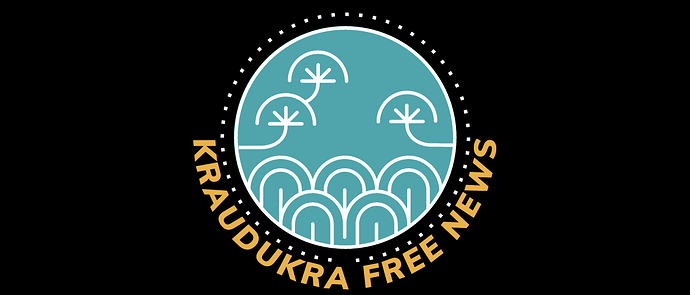Emerald and Krauanagaz Under Fire for Silence on Casualties
Yayyára, Krauanagaz— Both the Krauanagazan and Emeraldian governments are facing mounting criticism for their refusal to disclose casualty figures from the ongoing offensive. Military analysts, journalists, and advocacy groups have accused the coalition of withholding vital information that could shed light on the human cost of the conflict. The decision to keep casualty numbers under wraps has fueled public frustration, with opposition leaders and activists demanding greater transparency.
In a statement released last week, the Krauanagazan Defense Department cited “operational security concerns” as the reason for the information blackout, arguing that releasing figures prematurely could embolden Zuhlgani forces and harm troop morale. Similarly, Emerald’s Defense Minister dismissed calls for disclosure as, “politically motivated distractions,” insisting that operational updates will be made “when appropriate.”
However, critics argue that this silence raises more questions than it answers.
“The government claims to fight on behalf of the people, yet it refuses to tell them the truth about the sacrifices being made,” said Janna Forlhan, a prominent human rights advocate in Mitayyal. “If the situation is as successful as they claim, why hide the numbers?”
Military experts warn that concealing casualty data risks undermining public trust. Many Krauanagazan citizens still bear scars from the brutal civil war that plagued the nation for much of the 20th century, and there is widespread fear of repeating past mistakes, where the lack of transparency fueled anger and disillusionment.
LI Krauanaet candidate, Taaayya Lithin called the silence, “a betrayal of the soldiers and their families.” Speaking at a rally in Panata yesterday, Lithin emphasized that “the public has a right to know how many of our men and women have fallen. This is not just about numbers— it’s about accountability and respect for those who serve.”
Social media platforms in both countries have also become hotbeds of speculation, with unverified reports of mounting casualties circulating widely on Pasture and Stream. The hashtag #CountingTheCost began trending over the weekend, with users demanding accountability from both governments. Some posts allege that hospital wards in evacuated border towns are at capacity, hinting at far more severe losses than officials are willing to admit.
Transparency advocates caution that prolonged secrecy could backfire, eroding domestic support for the war. “The longer the government stays silent, the more space it leaves for misinformation to flourish,” said Tomasz Llegh, a military historian at the University of Alkantara. “Information vacuums always get filled— if not with facts, then with fear and suspicion.”
There are growing calls for an independent legislative inquiry to review the military’s handling of casualty reporting. So far, both governments have resisted these demands, stating that all necessary briefings are provided through closed-door sessions with select legislators.
With public trust hanging in the balance, many fear that the Allies’ silence could lead to larger social consequences. Recent opinion polls show a slight dip in support for the war in both Krauanagaz, suggesting that the lack of transparency may be eroding confidence in the current government’s leadership.
As the fighting continues, pressure on the Allies to disclose casualty figures is expected to intensify. Whether Krauanagaz and Emerald will bow to these demands or maintain their current stance remains to be seen.
